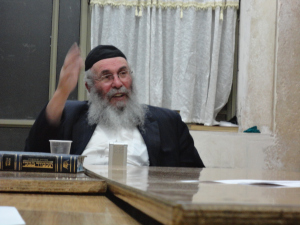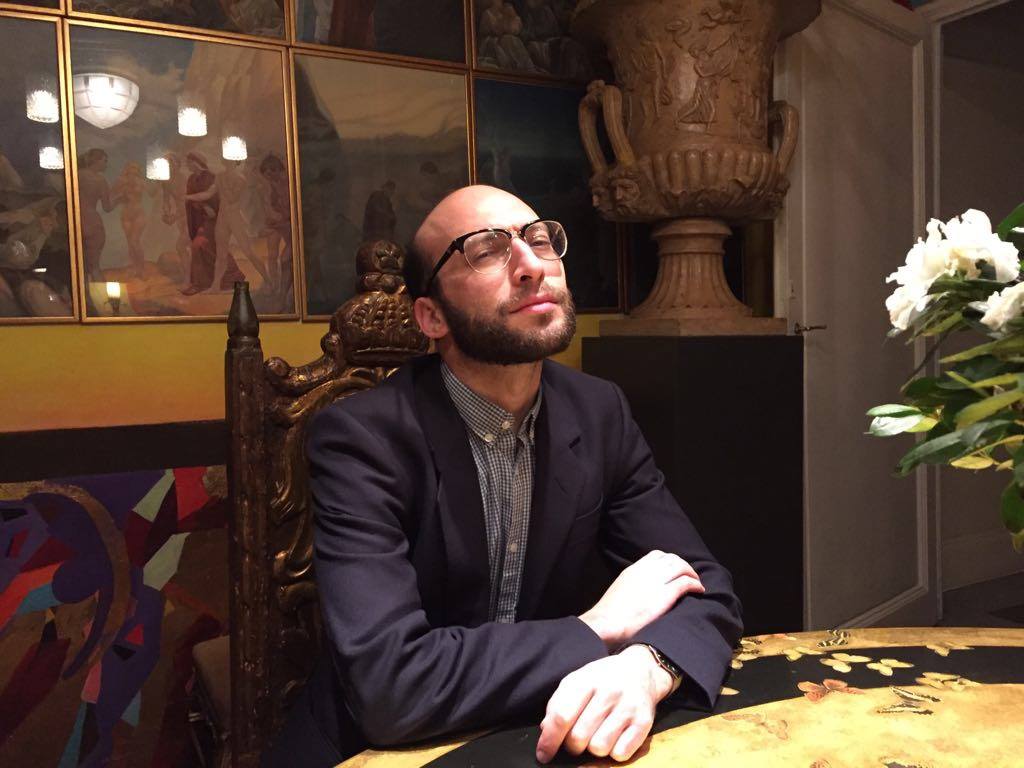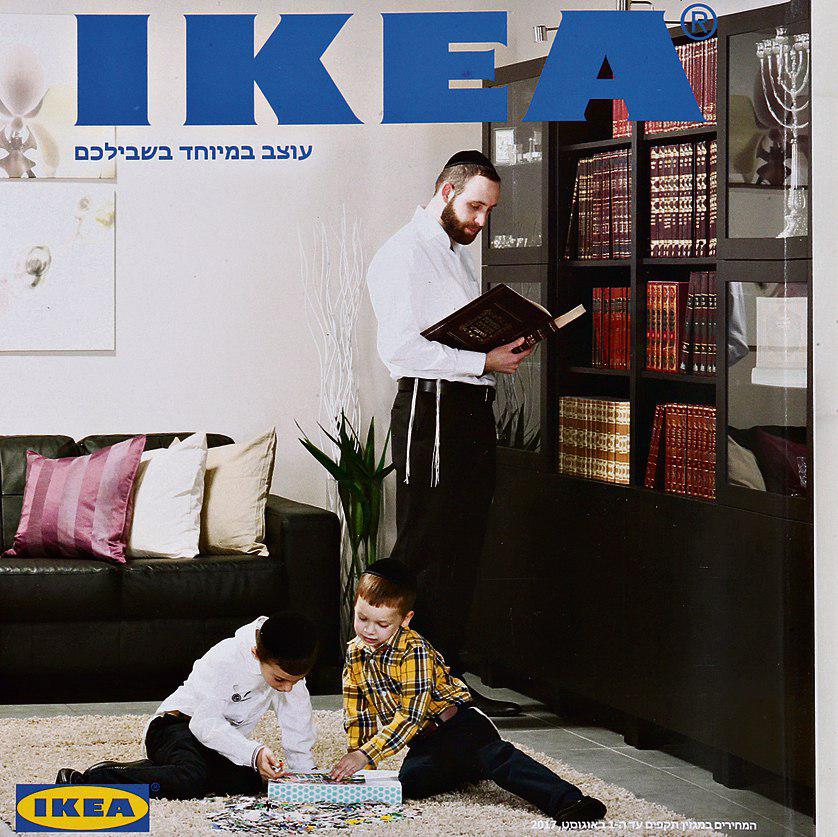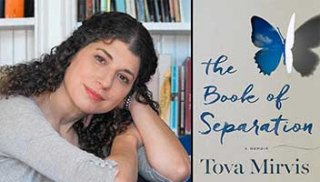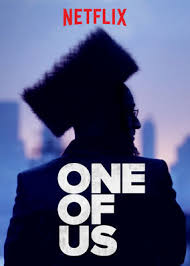Category: Blog
-
The Health Effects of Leaving Religion
“a person’s faith, or lack thereof, is often so important that it affects physical, as well as spiritual, well-being.” https://www.theatlantic.com/health/archive/2014/09/the-health-effects-of-leaving-religion/379651/
-
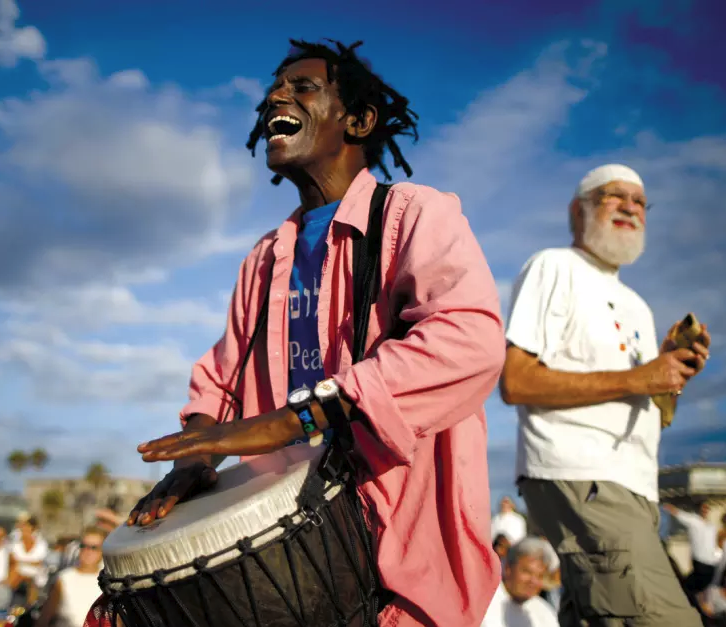
Second Generation Israeli OTDs
http://www.jpost.com/Magazine/THIS-NORMAL-LIFEDatlash-20-the-elephant-in-the-room-532865
-

Sh*t People Say to OTD People
Excellent article from imamother.com: http://www.imamother.com/forum/viewtopic.php?p=2777212

